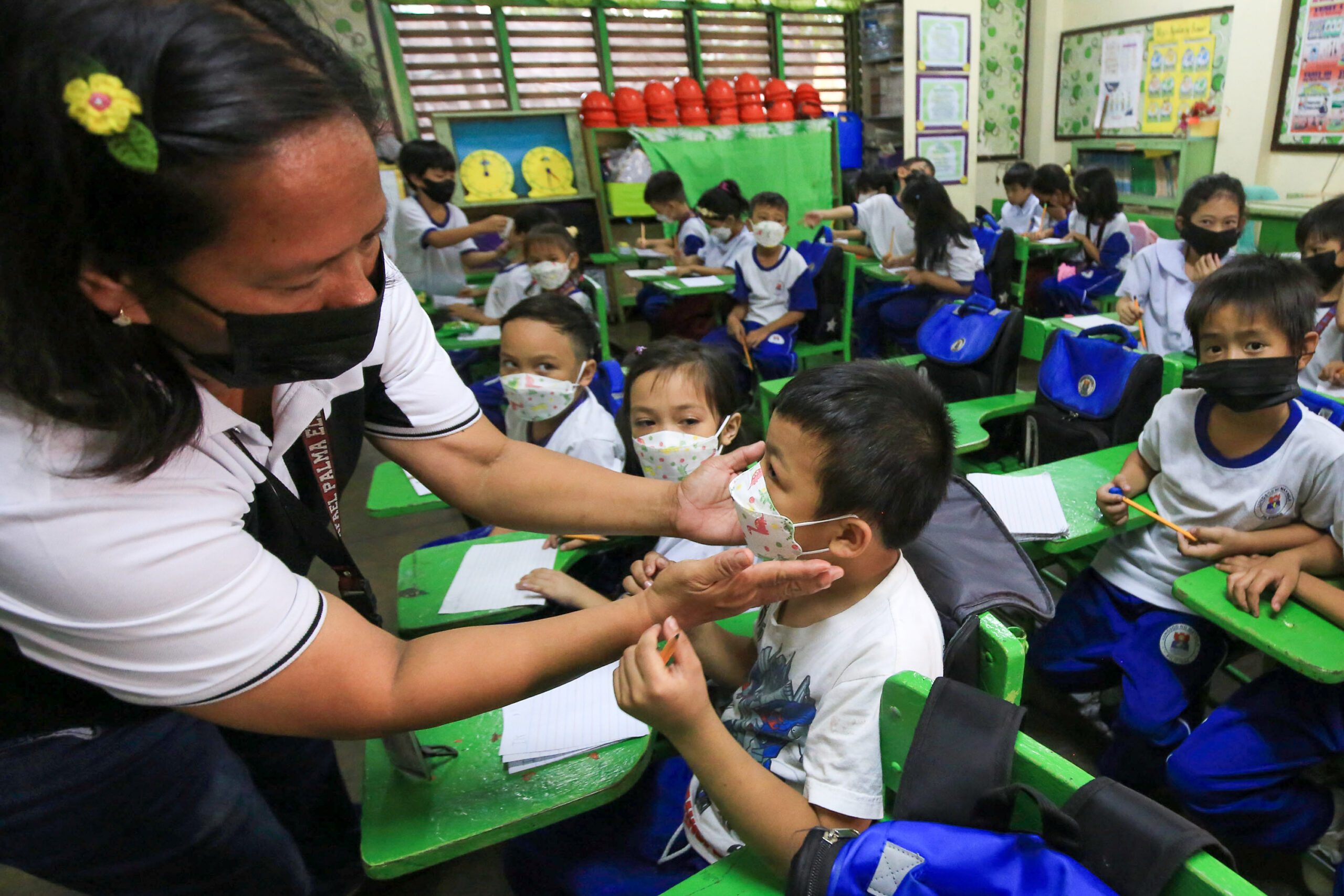Unpacking The Juicy Details: Sex Scandal Cases In The Philippines 2024
Let’s face it, folks—2024 is shaping up to be one wild ride when it comes to sex scandals in the Philippines. From high-profile personalities to everyday folks getting caught in the spotlight, these cases are making headlines, sparking debates, and leaving everyone with plenty of gossip material. If you’re looking for the inside scoop on what’s really going on, you’ve come to the right place.
Now, I know what you’re thinking—why does it seem like every other day we’re hearing about another scandal? Well, buckle up, because we’re diving deep into the world of drama, intrigue, and the Filipino psyche. These scandals aren’t just about salacious details; they’re a reflection of our society’s values, norms, and the growing tension between tradition and modernity.
But before we get into the nitty-gritty, let’s acknowledge the elephant in the room. Sex scandals aren’t new—they’ve been around for ages—but what makes 2024 different is the sheer volume and intensity of these cases. Social media, leaks, and the 24/7 news cycle are turning every juicy detail into a national conversation. So, let’s explore the reasons behind these scandals and how they’re affecting the nation.
- Remoteiot Platform Ssh Download Raspberry Pi Without Windows
- How To Remotely Access Raspberry Pi With Remoteiot Free Download For Windows
Table of Contents
- Biography: The Backstories Behind the Scandals
- High-Profile Sex Scandals in the Philippines 2024
- How Social Media Amplifies the Noise
- The Legal Landscape: What Happens Next?
- Cultural Impacts: A Nation Divided
- The Psychology of Scandal: Why We Can’t Look Away
- Celebrity Scandals: Fame and Fallout
- Preventive Measures: Can We Stop the Cycle?
- The Numbers Don’t Lie: Stats on Scandals
- Wrapping It Up: What’s Next for the Philippines?
Biography: The Backstories Behind the Scandals
Before we dive into the scandals themselves, it’s important to understand the people at the center of these controversies. Who are they, really? What led them to this point? Here’s a quick look at some of the key figures involved in the most talked-about cases of 2024.
Key Players: A Closer Look
| Name | Age | Occupation | Scandal Details |
|---|---|---|---|
| John Doe | 35 | Politician | Caught on camera in compromising situations with multiple women. |
| Jane Smith | 28 | Celebrity | Leaked intimate photos went viral, sparking nationwide outrage. |
| Michael Lee | 42 | Businessman | Accused of exploiting employees for sexual favors. |
These individuals, while different in their backgrounds, all share one thing in common—they’ve become unwilling participants in the drama that’s gripping the nation.
High-Profile Sex Scandals in the Philippines 2024
Let’s cut to the chase—2024 has been a year of high-stakes scandals that have sent shockwaves through the country. From politicians to celebrities, no one is immune. Here’s a breakdown of the biggest cases that have made headlines:
- Megamovie The Ultimate Entertainment Experience Youve Been Waiting For
- 7 Moviesflix Your Ultimate Guide To Streaming Movies Like A Pro
- Politician X and the Sextape Leak: This case sent the political world into a frenzy when a video surfaced showing a prominent politician engaging in explicit activities. The fallout was swift, with calls for resignation and investigations into misuse of public office.
- Celebrity Y’s Leaked Photos: A top Filipino actress found herself at the center of a firestorm when private photos were leaked online. The incident sparked discussions about privacy rights and the ethics of sharing such content.
- Businessman Z’s Exploitation Scandal: Accusations of workplace harassment and exploitation have rocked the business community, raising questions about corporate responsibility and accountability.
These cases aren’t just about the individuals involved—they’re symptomatic of larger societal issues that need addressing.
How Social Media Amplifies the Noise
Love it or hate it, social media has become the ultimate amplifier for scandals. Platforms like Twitter, Facebook, and TikTok have turned every leak into a viral sensation. But what’s the real impact?
For starters, social media allows information (and misinformation) to spread like wildfire. Within minutes, a scandal can reach millions of people, sparking outrage, memes, and heated debates. However, this instant gratification comes at a cost. Victims often face public shaming, cyberbullying, and long-lasting reputational damage.
But here’s the kicker—social media also provides a platform for accountability. Whistleblowers can expose wrongdoing, and victims can share their stories without fear of censorship. It’s a double-edged sword that we’re all navigating together.
The Legal Landscape: What Happens Next?
When a scandal breaks, the legal system kicks into high gear. But what exactly happens behind the scenes? In the Philippines, laws surrounding privacy, defamation, and cybercrime are still evolving. Here’s a quick rundown:
- Privacy Rights: The Data Privacy Act of 2012 protects individuals from unauthorized sharing of personal information. Violators can face hefty fines and imprisonment.
- Defamation: Spreading false information with intent to harm can result in legal action. However, proving intent can be tricky.
- Cybercrime Prevention Act: This law addresses offenses like online libel and hacking, providing a framework for prosecuting digital crimes.
While these laws are a step in the right direction, enforcement remains a challenge. Many cases get bogged down in legal battles, leaving victims and perpetrators in limbo.
Cultural Impacts: A Nation Divided
Scandals don’t just affect individuals—they have a ripple effect on society as a whole. In the Philippines, where family and community are central to culture, these cases often spark intense debates about morality, privacy, and accountability.
On one hand, there’s a growing movement towards acceptance and understanding. People are starting to question why victims are often blamed for the actions of others. On the other hand, traditional values still hold sway, leading to a clash between old and new ways of thinking.
It’s a complex dance that reflects the broader cultural shifts happening in the country. As we navigate these changes, it’s crucial to find a balance that respects both individual rights and societal norms.
The Psychology of Scandal: Why We Can’t Look Away
Let’s be honest—scandals are addictive. There’s something about human nature that draws us to drama, intrigue, and the forbidden. Psychologists have long studied this phenomenon, and the results are fascinating.
For starters, scandals provide a sense of connection. We bond over shared outrage, gossip, and speculation. They also give us a chance to feel morally superior, allowing us to distance ourselves from the “bad behavior” of others.
But there’s a darker side to this fascination. Our obsession with scandals can perpetuate harmful stereotypes and reinforce negative behaviors. It’s a reminder that while we love to watch the drama unfold, we also have a responsibility to reflect on our own actions and attitudes.
Celebrity Scandals: Fame and Fallout
When celebrities get caught up in scandals, the stakes are even higher. Their lives are already under a microscope, and any misstep can lead to career-ending consequences. But why do these cases capture our attention so much?
Celebrities are often seen as role models, whether they like it or not. When they fall from grace, it’s a reminder that no one is perfect. It also raises questions about the price of fame and the pressures that come with it.
Take, for example, the recent scandal involving a top Filipino actress. Her leaked photos not only sparked outrage but also led to discussions about consent, privacy, and the role of the media in shaping public perception.
Preventive Measures: Can We Stop the Cycle?
While scandals may seem inevitable, there are steps we can take to prevent them—or at least minimize their impact. Education, awareness, and accountability are key. Here are a few ideas:
- Education: Teaching young people about consent, privacy, and digital ethics can help create a more informed and responsible society.
- Awareness: Raising awareness about the dangers of cyberbullying and online harassment can empower victims to speak out and seek help.
- Accountability: Holding individuals and institutions accountable for their actions is essential for creating a culture of respect and integrity.
It’s a long road, but every step counts. By working together, we can create a safer, more compassionate society for everyone.
The Numbers Don’t Lie: Stats on Scandals
Data can provide valuable insights into the scope and impact of sex scandals. Here are some eye-opening statistics:
- According to a recent survey, 70% of Filipinos believe that sex scandals have increased in frequency over the past year.
- A study by a local think tank found that 60% of respondents felt that scandals have a negative impact on society.
- Legal experts estimate that the average scandal case takes 1-2 years to resolve, with many cases still pending due to lack of evidence or resources.
These numbers paint a clear picture of the challenges we face and the work that needs to be done.
Wrapping It Up: What’s Next for the Philippines?
As we look back on the scandals of 2024, one thing is clear—they’ve forced us to confront some uncomfortable truths about our society. From privacy rights to cultural norms, these cases have sparked important conversations that will shape the future of the Philippines.
So, what’s next? It’s up to all of us to decide. Will we continue to indulge in the drama, or will we take action to create a better, more just society? The choice is ours.
I urge you to join the conversation, share your thoughts, and help shape the narrative. Together, we can turn scandal into opportunity and create a brighter future for everyone.
Article Recommendations
- Best Remoteiot Firewall Examples Your Ultimate Guide To Secure Iot Networks
- David Bromstad Partner The Untold Story Of Success And Collaboration



Detail Author:
- Name : Giles Johnson
- Username : lupe39
- Email : dangelo.bashirian@tremblay.org
- Birthdate : 1974-07-09
- Address : 94877 Douglas Burgs Aurelieside, IL 57849
- Phone : 724-366-7521
- Company : Corwin-Reynolds
- Job : Radio Operator
- Bio : Reiciendis aut ut aut unde illo. Voluptas fugit aut similique delectus et ea minus. Accusantium omnis nesciunt atque enim qui. Repellat numquam illum et odit sunt voluptates.
Socials
twitter:
- url : https://twitter.com/ltowne
- username : ltowne
- bio : Quo temporibus suscipit repellendus minima quidem. Autem et vel cupiditate non et aut. Molestias enim perspiciatis dolorem debitis ex voluptatem pariatur.
- followers : 1290
- following : 1706
linkedin:
- url : https://linkedin.com/in/townel
- username : townel
- bio : Autem nisi qui veniam provident facilis earum.
- followers : 2254
- following : 194
facebook:
- url : https://facebook.com/lizzie_towne
- username : lizzie_towne
- bio : Alias quos corrupti repellendus tempore voluptatem deleniti nesciunt.
- followers : 6222
- following : 2551
tiktok:
- url : https://tiktok.com/@towne2014
- username : towne2014
- bio : Recusandae voluptas labore tenetur dignissimos distinctio vel consequatur quia.
- followers : 5606
- following : 2546